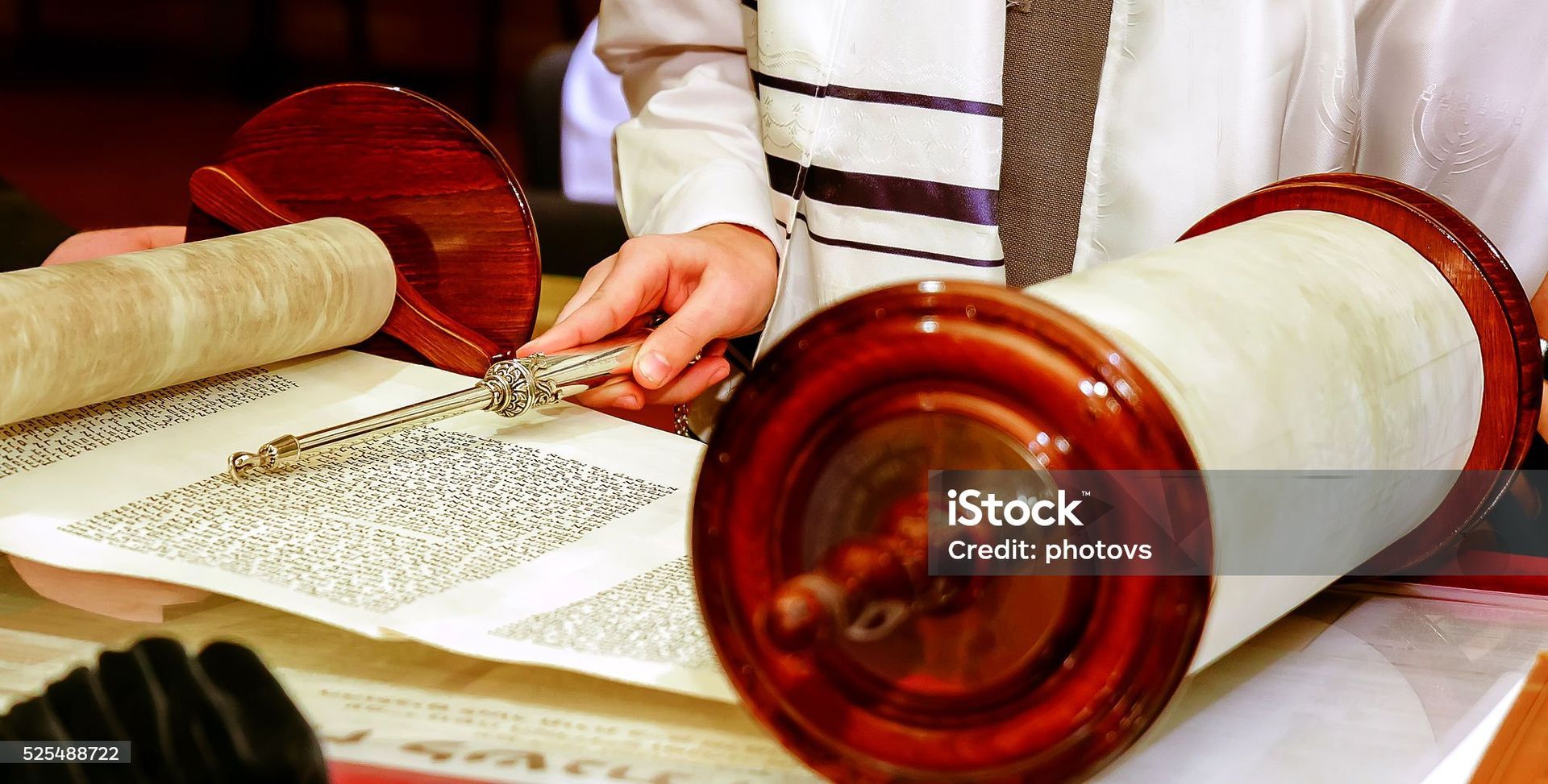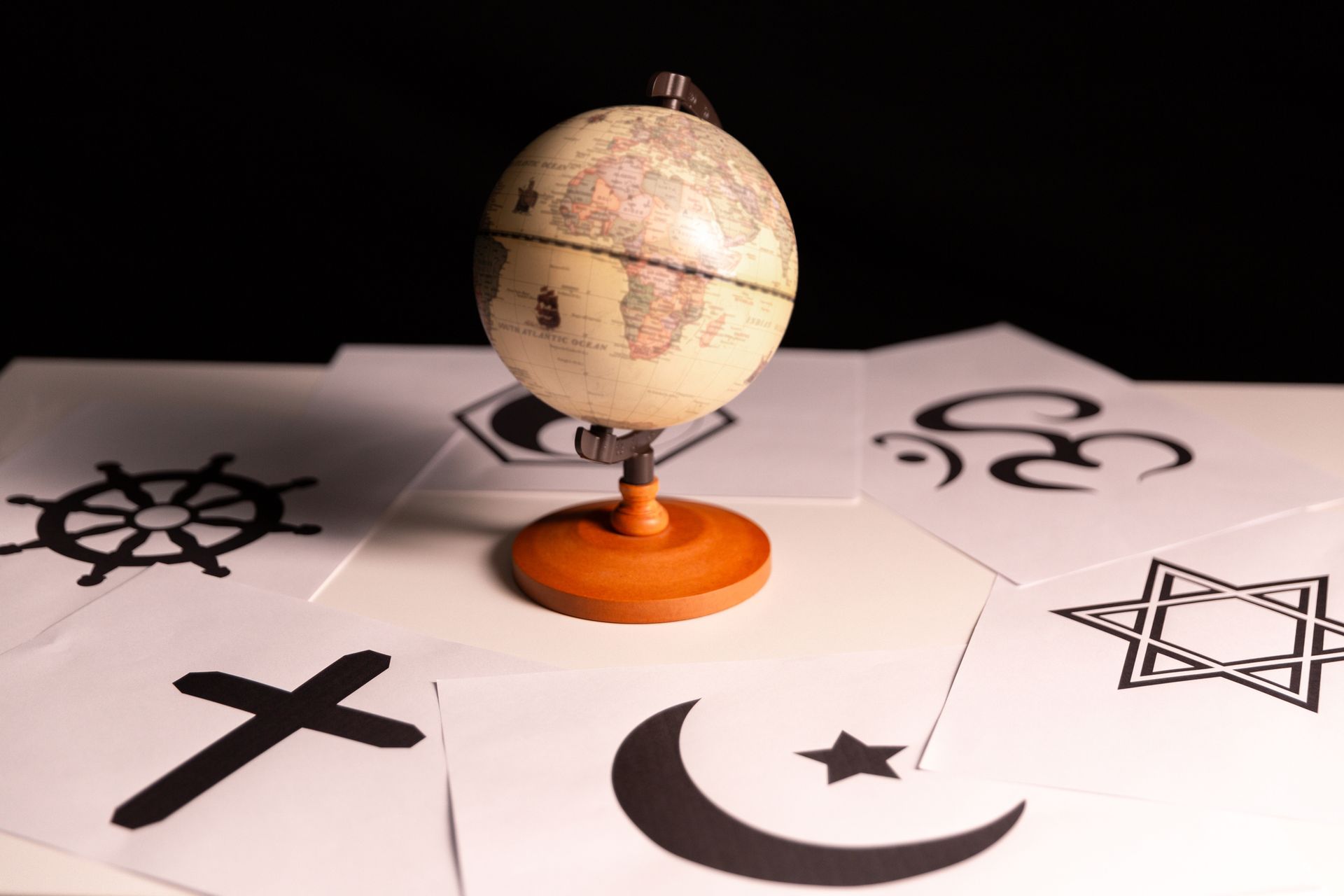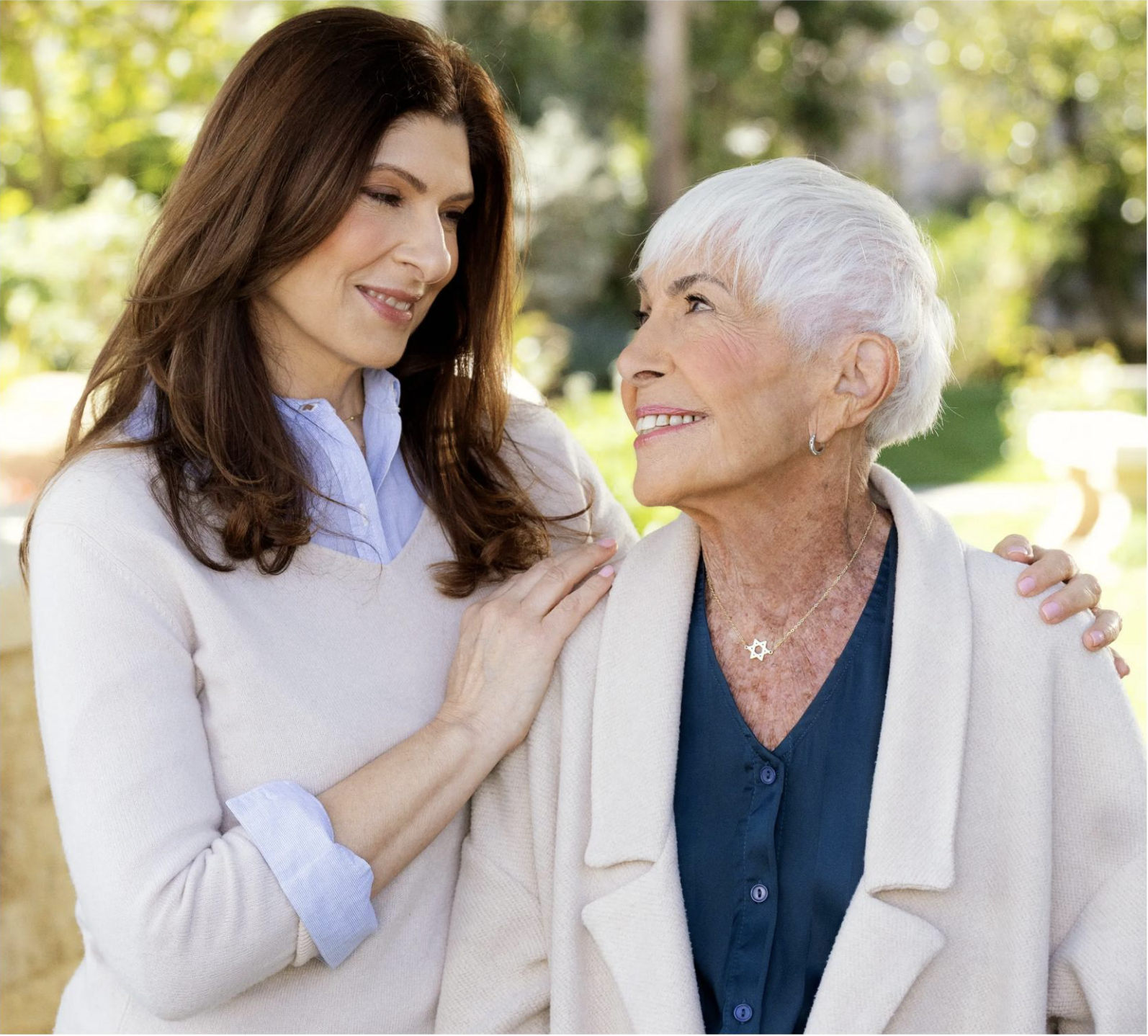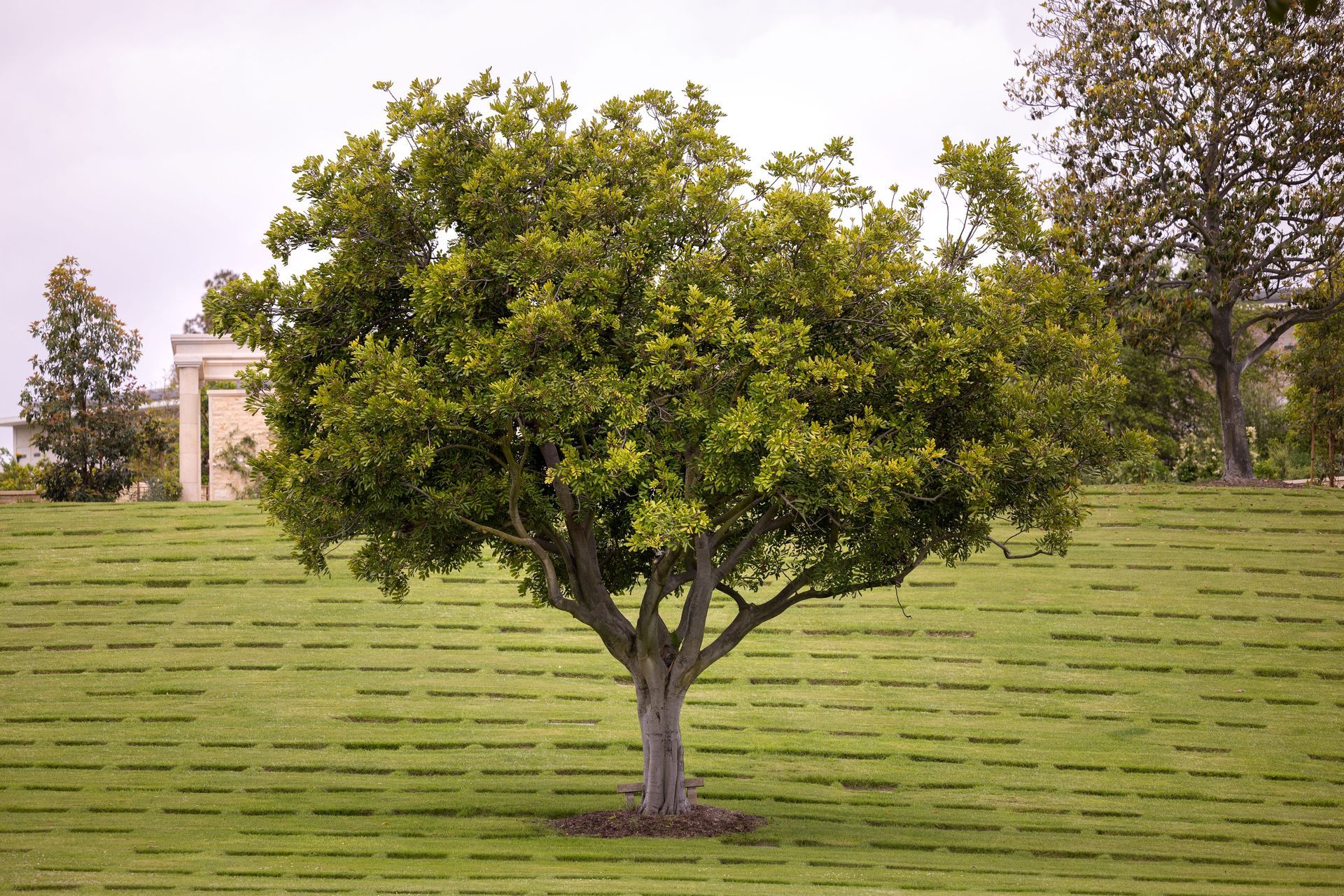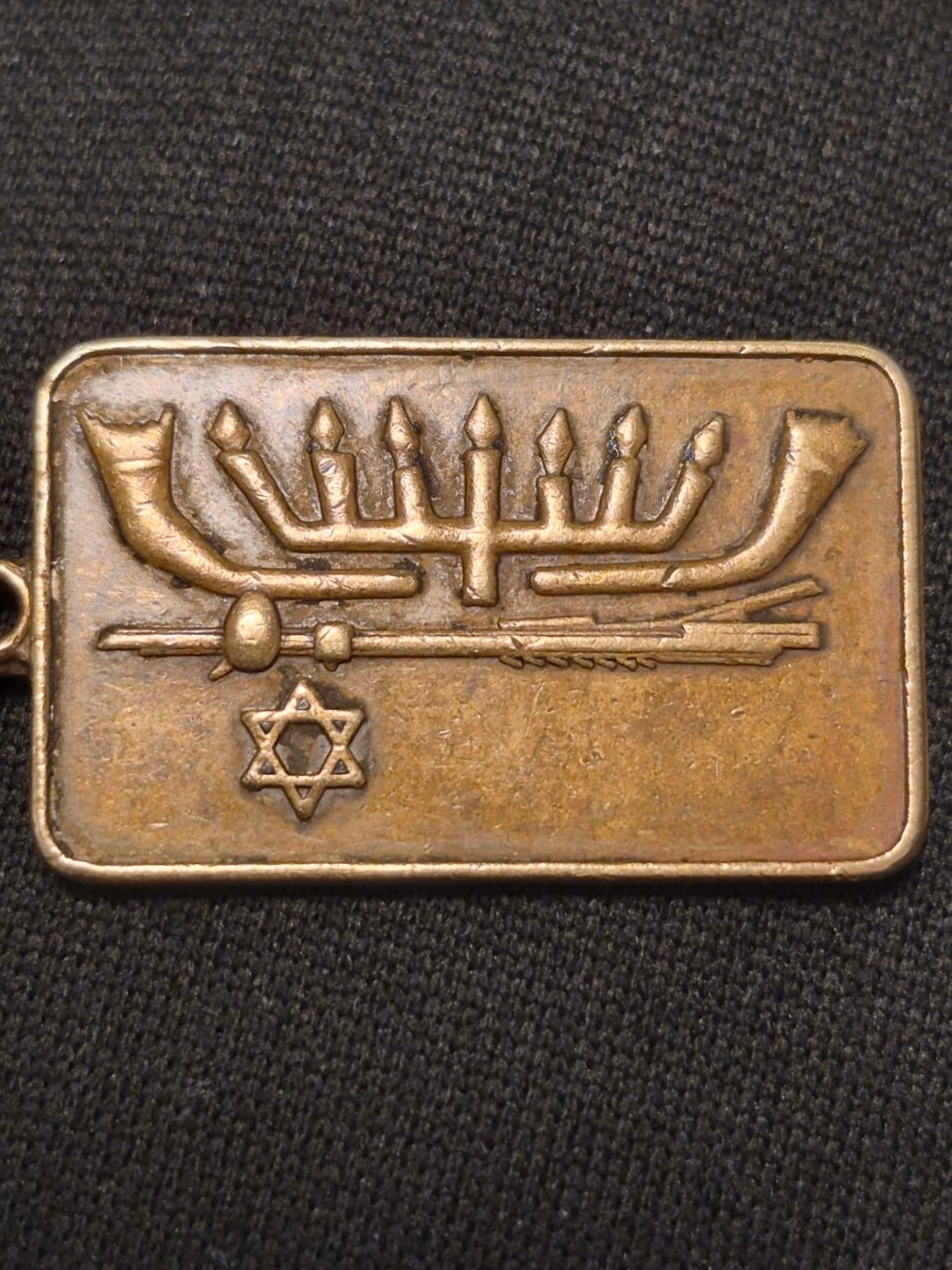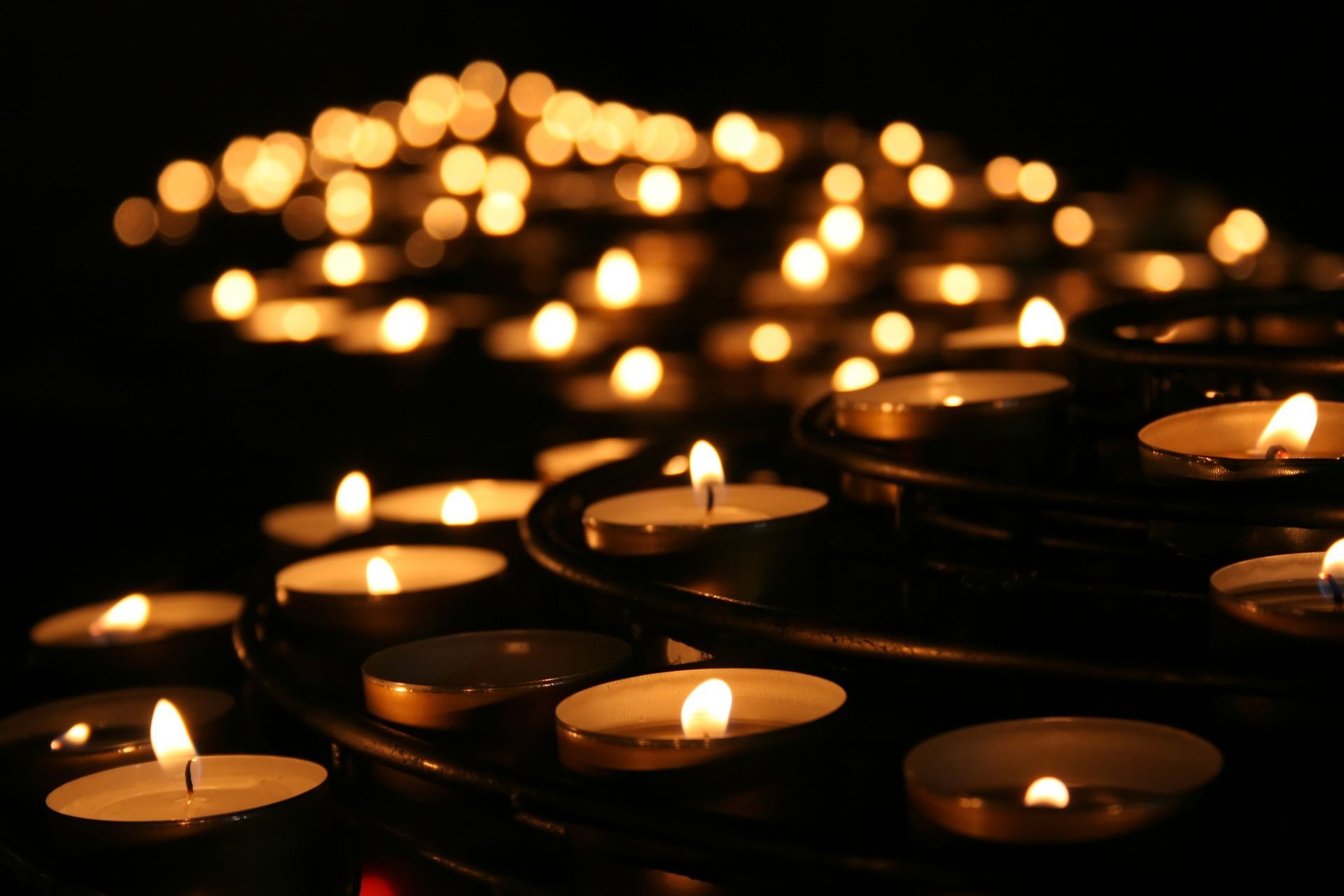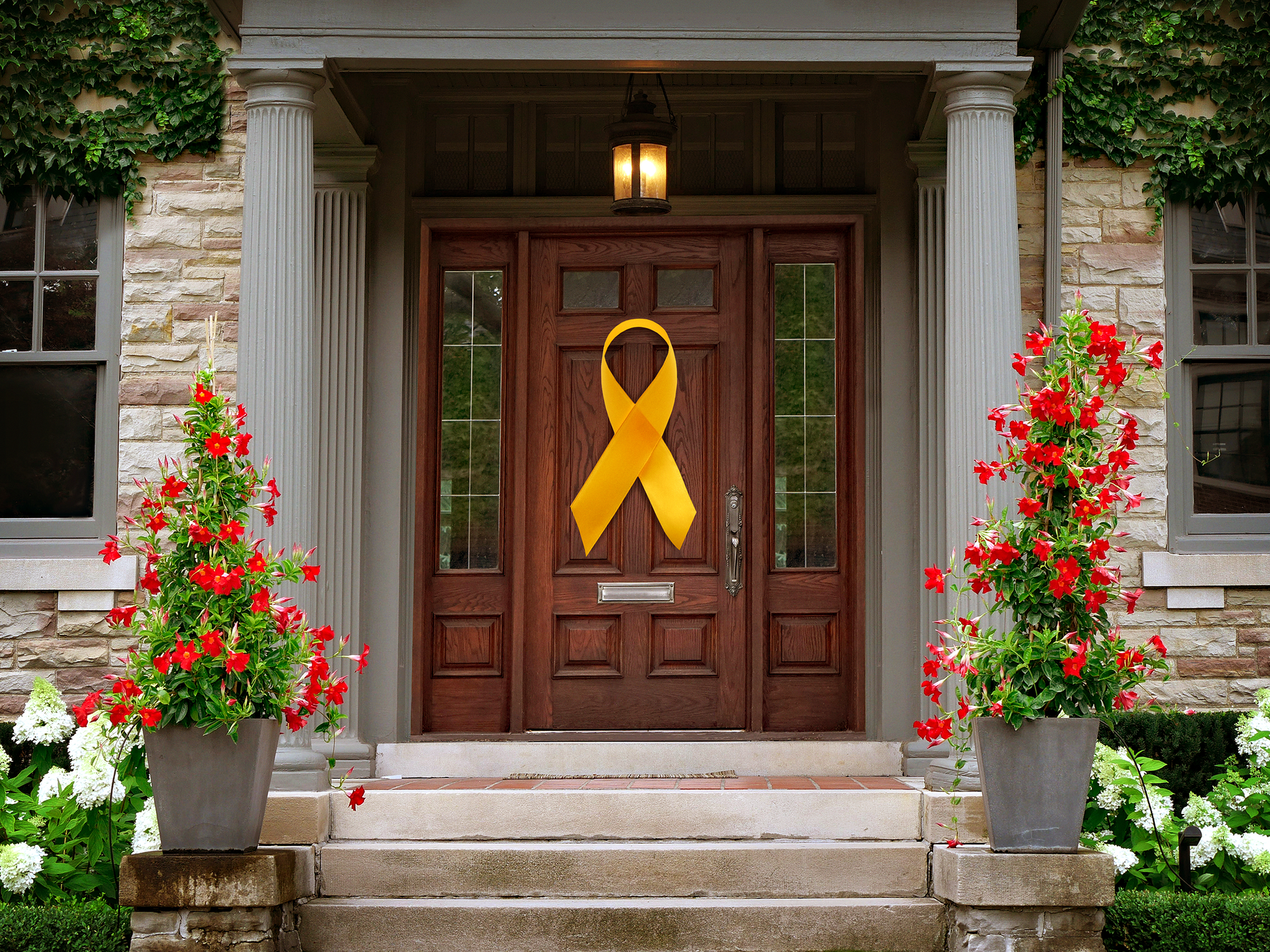Ethical Wills: Passing On Values to the Next Generation
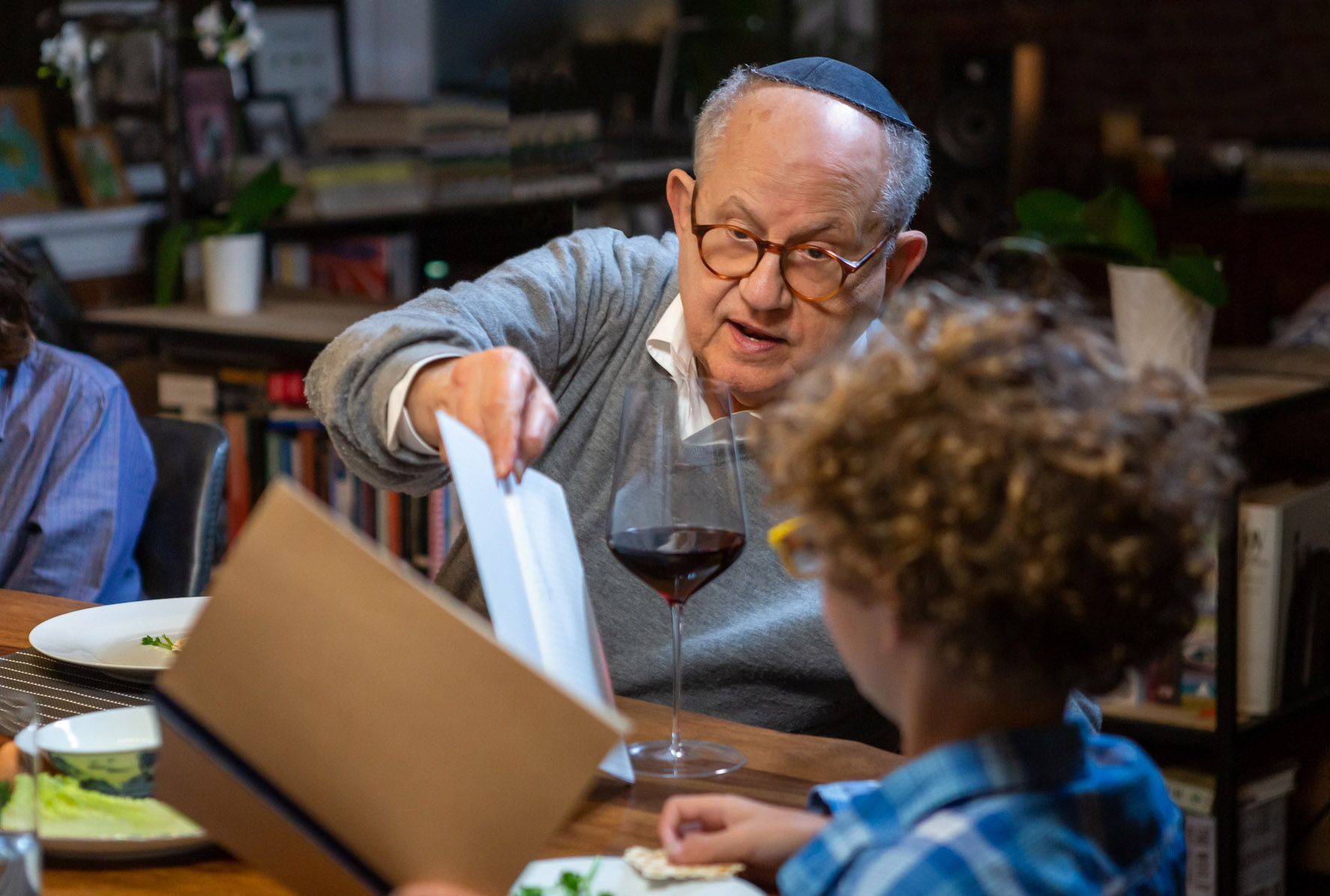
In Jewish tradition, the idea of legacy is about far more than assets or possessions—it is about values. How do we preserve the essence of who we are for those who come after us? How do we ensure that our stories, beliefs, and guiding principles are not lost, but cherished and continued?
One timeless and profoundly personal way to do this is through the writing of an ethical will. We spoke with Rabbi Jonathan Aaron of Temple Emanuel of Beverly Hills about this ancient and evolving tradition—its spiritual impact, emotional resonance, and enduring role in Jewish life.
More Than a Will: Capturing What Matters Most
Unlike a legal will, an ethical will is not about distributing material possessions—it’s about sharing what made your life meaningful. “It’s a document about values and what you stood for,” Rabbi Aaron explains. “It’s not what you earned—it’s about what you learned.”
Parents often lead by example, but an ethical will gives children a deeper lens. “My kids don’t necessarily know what I’m most proud of or what challenged me,” he shares. “Writing it down helps them understand me better—and gives them a framework to understand their own lives.”
What goes into an ethical will can be as individual as the person creating it: reflections on childhood, beliefs, struggles, forgiveness, love, loss, favorite books or music, memories shared with family, and dreams for the future. “It should be filled with stories,” Rabbi Aaron says. “Ideally a combination of past and future. What do you want future generations to know or carry forward?”
For Rabbi Aaron, ethical wills are about soul, not just story. “It’s the opportunity to say goodbye in a way that’s full of presence. To say, ‘This is what my life meant. This is what you meant to me.’”
A Ritual of Reflection and a Gift of Continuity
Though not legally binding, ethical wills carry profound spiritual weight. In Judaism, the tradition reaches back to biblical times—Jacob, at the end of Genesis, offers his children blessings and truths about their lives. “That’s essentially an ethical will,” says Rabbi Aaron.
The practice continued through medieval Jewish texts, where fathers were expected to pass on ethical guidance. Today, that tradition is being revived—not just as a historical artifact, but as a personal spiritual exercise. “L’dor v’dor—from generation to generation—is core to Jewish life,” Rabbi Aaron reflects. “An ethical will helps reinforce Jewish values, especially when it includes teachings about what mattered most in your life, and what you hope your children and grandchildren will carry forward.”
Creating one can be transformative. “People get great satisfaction from clarifying their lives—what they learned, what they cared about,” he shares. “It becomes a reflection of their soul, and for those who read it after someone passes away, it’s a gift. It brings their loved one’s voice back into the room.”
Ethical wills can take many forms: letters, videos, artwork, recorded stories, poetry, or even heirlooms passed down with meaning. Rabbi Aaron recalls one man who made a documentary-style video and another who created a collage to reflect her life. “There’s no one way to do it,” he says. “It’s just about starting.”
Why Start Now?
You don’t have to be old or near the end of life to write an ethical will. In fact, Rabbi Aaron encourages people to start young. “What I care about now is different than what I cared about 30 years ago. But that earlier version of me mattered too—my kids deserve to know who I was then, and how I’ve changed.”
If you're unsure where to begin, Rabbi Aaron recommends starting small: “Just write. You can change the format or style later. You never know where it might take you.”
To learn more about ethical wills and how to begin your own, we invite you to watch Rabbi Aaron’s conversation with American Jewish University: The Mitzvah of Crafting Your Ethical Will
Planning for the Future with Meaning and Intention
At Hillside Memorial Park and Mortuary, we understand that legacy is about more than making arrangements—it’s about making meaning. Writing an ethical will is a deeply personal act of love, and we are here to support you in that process as part of your advance planning journey.
If you're beginning to think about how you want to be remembered, or how to honor the values of a loved one who has passed, we invite you to reach out on our site or at 1 (800) 576-1994. Let our experienced team walk alongside you with compassion, tradition, and care—so that what you leave behind reflects not just what you had, but who you were.

